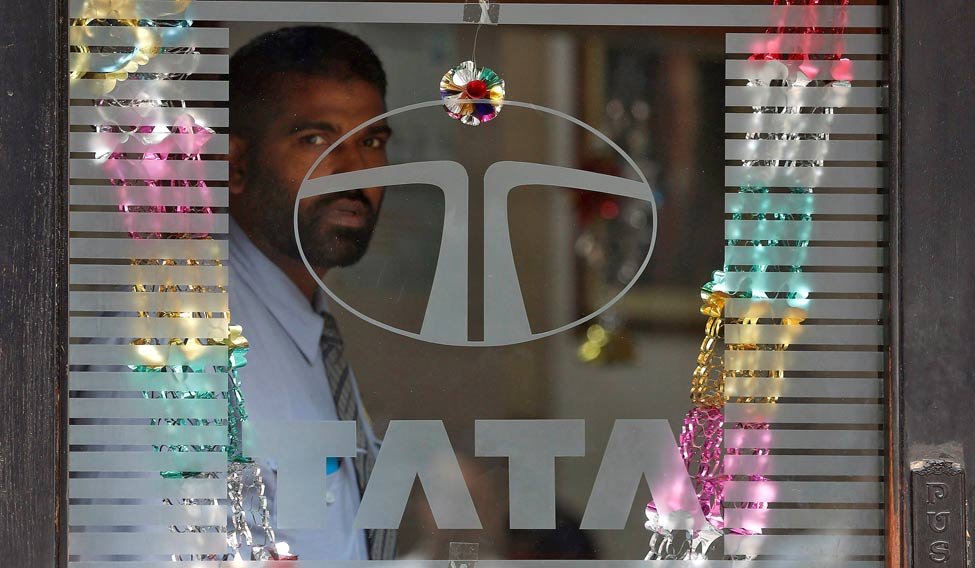The shareholders of Tata Sons have passed the resolution to convert the holding company of the salt to software, Tata Group into a private limited firm from the current public limited structure.
While there was no official communique from the Tatas, sources said the resolution was passed with requisite majority and shareholders gave the go ahead for Tata Sons to turn private, in the special annual general meeting (AGM) held in Mumbai on Sept 21.
In a notice to shareholders ahead of the AGM, Tata Sons had sought the approval through a special resolution to amend the article of association and also had sought to change the name to Tata Sons Private Limited from Tata Sons Limited.
Tata Sons is a deemed public company under the provisions of the Companies Act, 1956. However, this status is not statutorily recognised under the Companies Act, 2013.
“The reinstatement of Tata Sons as a private company was considered by the board to be in the best interest of the company,” a Tata Sons spokesperson had said a few days ago.
Cyrus Mistry, who was ousted as the chairman of Tata Sons last year, had objected to the Tata Sons move to go private.
Through two family firms, Cyrus Investments and Sterling Investments, the Mistry family holds 18.4 per cent stake in Tata Sons. Tata Trusts hold 66 per cent in Tata Sons.
In a letter to the board of directors of Tata Sons, Cyrus Investments had described the move to go private as “another act of oppression of the minority shareholders of Tata Sons at the hands of the majority shareholders.”
Mistry was against the move as Tata Sons going private would make it difficult for his family to sell or transfer the shares to another entity.
Proxy advisory firm Stakeholders Empowerment Services (SES) countered Mistry's allegations.
“The shares were neither freely transferable before, nor will they be now...Therefore, with Tata Sons becoming private company, there is no variation in the rights of any member, as far as transfer of shares is concerned,” it said.
Experts watching the recent developments say Tata Sons move to go private should be seen in the light of the ongoing legal battle between with the Mistry investment firms and Tata Sons, and clearly the Tata's wouldn't want the Mistry family's stake falling into the hands of any other entity.
“At this stage, Tata would definitely try to protect its interest by taking this step of converting to being private,” said Mahesh Singhi, founder and MD of Singhi Advisors.
Earlier on Sept 21, Mistry got some respite as the appellate body of the National Company Law Tribunal (NCLAT) allowed pleas by the two Mistry investment firms seeking waiver of the minimum shareholding requirement in filing case of oppression and mismanagement against Tata Sons. It directed the Mumbai bench of the NCLT to go ahead in the matter.
While the Mistry family does hold 18.4 per cent stake in Tata Sons, if equity and preference shares are taken into account, their shareholding falls below 10 per cent. Under the Companies Act, a petitioner should hold at least one tenth of the issued share capital of the company.
However, the NCLAT also dismissed Mistry's second petition alleging oppression and mismanagement, stating that the petition was not maintainable.
A statement issued by the Mistry office said that the NCLAT ruling was a “vindication” for what they had stood for.
Tata Sons has said that it will continue to defend its position at all appropriate legal forums.












